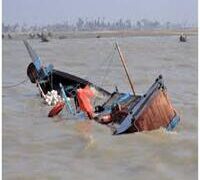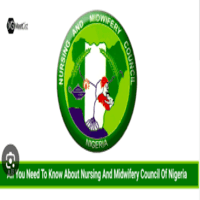The Nursing and Midwifery Council of Nigeria on Tuesday promised to support the training of more qualified nurses at home.
The pledge comes at a time when Nigeria is struggling to retain its nurses amid the mass exodus of health workers seeking better pay and conditions abroad.
The Registrar of Iconic Open University, Dr Muhammad Sanusi, disclosed the development in a statement issued in Abuja after the Council carried out a resource verification visit to the Department of Nursing Science of Iconic University in Sokoto State to assess its capacity to run the Bachelor of Nursing Science programme.
Sanusi said the visit was to determine “the human and material resources available for the educating and training of nurses for the bachelor’s degree of the university.”
He added that the Council reviewed the institution’s investment in Open and Distance Learning and “expressed satisfaction with the university’s level of investment,” a promising signal at a time the country is in urgent need of scalable training systems to replenish its dwindling nursing workforce.
According to him, “The council pledged to encourage such efforts by ensuring that all standards are met so that the programme and its trainees receive the quality training, skills, and recognition they deserve.”
The registrar also said both the department and the university management “expressed their readiness to comply with the Council’s guidance and advice to achieve the desired quality and impact of the programme on healthcare delivery in Nigeria and beyond.”
The Nursing Bachelor’s programme is among the courses approved by the National Universities Commission.
The development comes three months after the NUC approved multiple postgraduate programmes for the institution, including the Master of Public Health and the Postgraduate Diploma in Public Health, as part of efforts to deepen professional capacity in the health sector.
But the move also coincides with one of the toughest periods for Nigeria’s nursing workforce. Hospitals across the country have continued to lose nurses to the “Japa” migration wave.
In February 2024, the National Association of Nigerian Nurses and Midwives estimated that over 42,000 nurses had left the country in the past three years, leaving many hospitals understaffed and overstretched.
The then Registrar of the Nursing and Midwifery Council of Nigeria, Faruk Abubakar, expressed worry about the trend, emphasising the crucial role nurses play in the healthcare sector.
Many nurses have cited poor remuneration, burnout, limited career growth and lack of modern medical equipment as key reasons for relocating to Europe, North America and the Middle East, where demand for healthcare professionals remains high.
PUNCH NEWS.





































